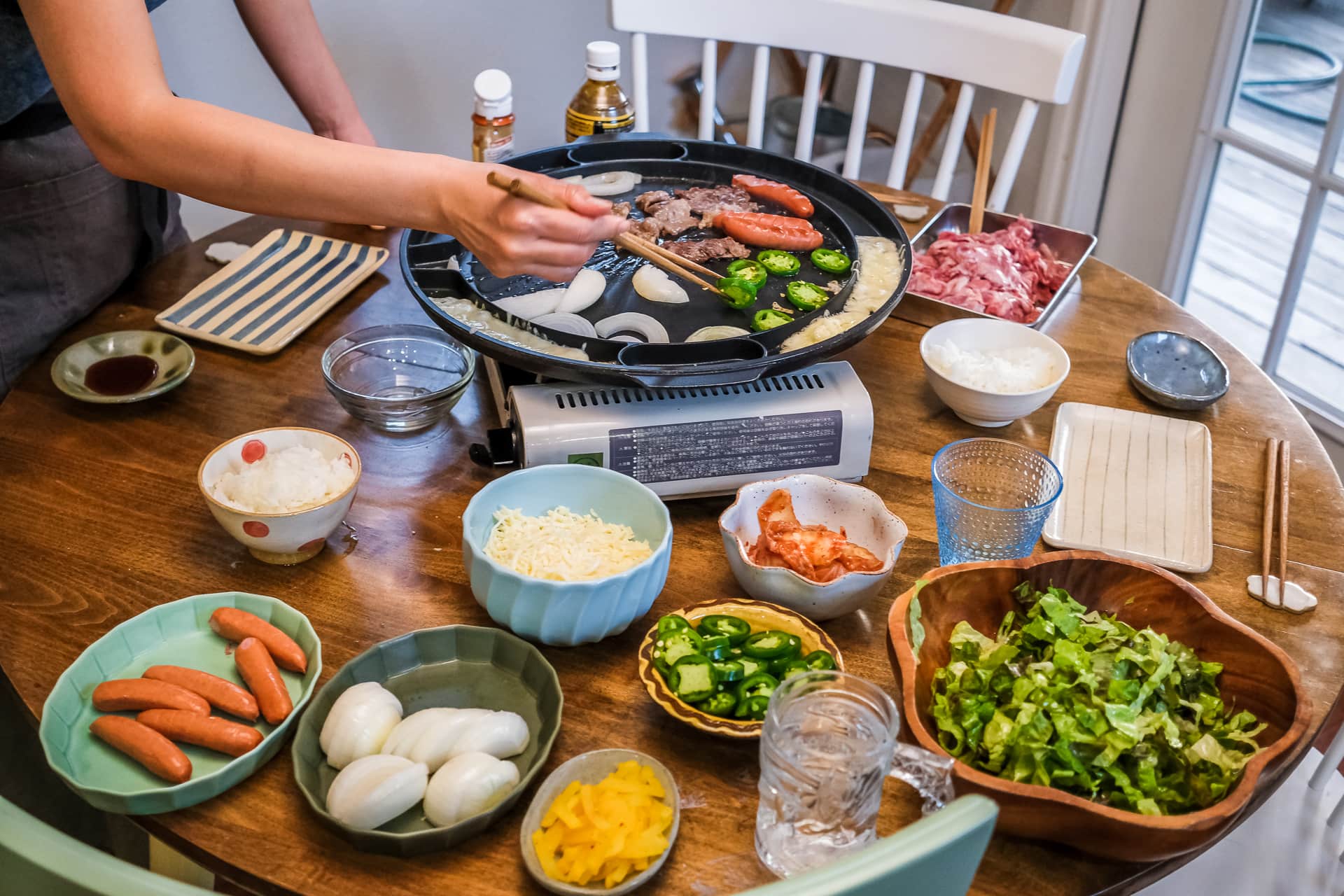
“Yakiniku” Cedar Park, 2021
So simple, but so yummy and satisfying! Yakiniku would also be a fine birthday dinner!
We love the cheese trough on our yakiniku pan… I definitely recommend getting a pan that has one.
daily slice-of-life photo blog of a Gen-X dad

So simple, but so yummy and satisfying! Yakiniku would also be a fine birthday dinner!
We love the cheese trough on our yakiniku pan… I definitely recommend getting a pan that has one.
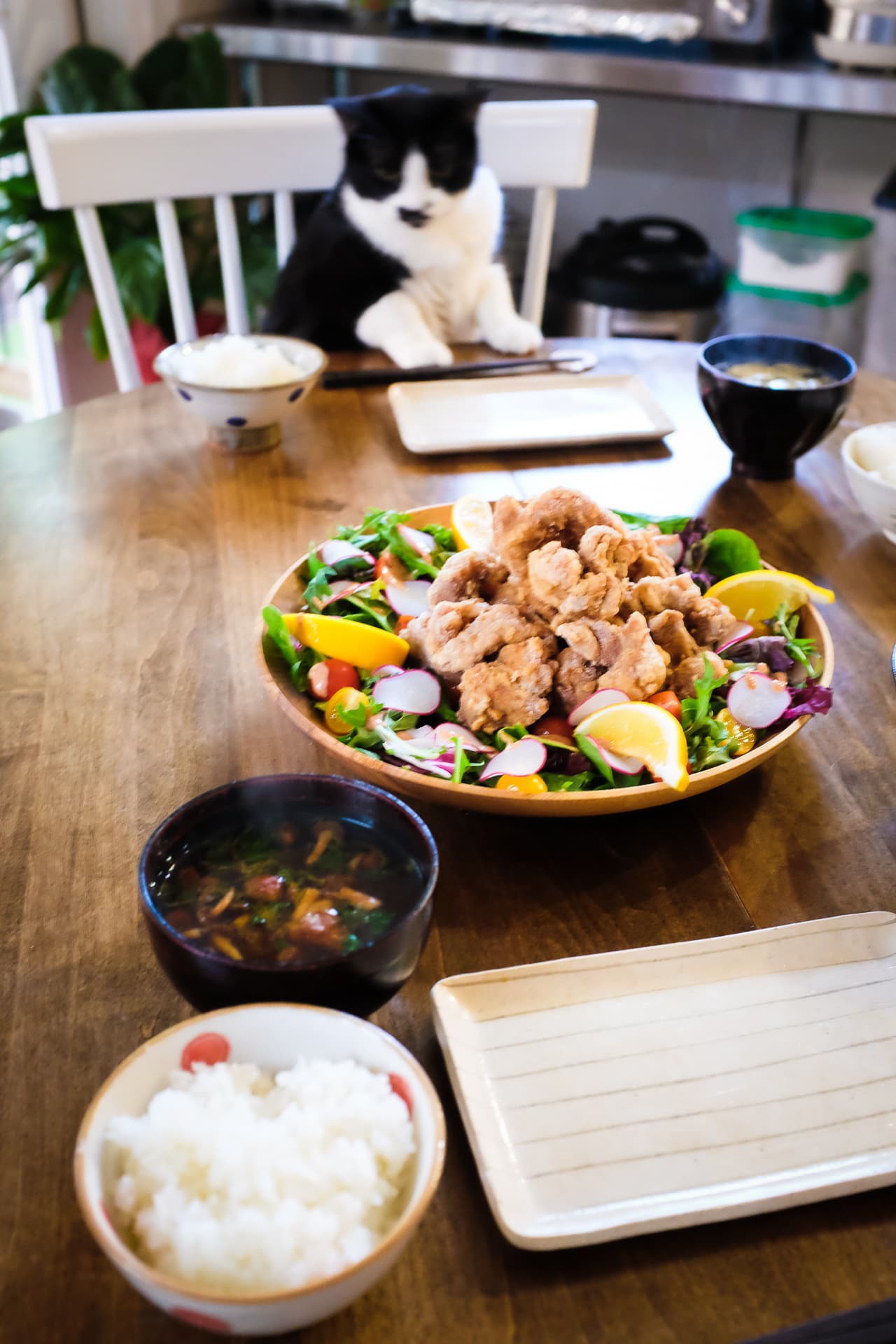
For Koa’s birthday dinner, he requested karaage. I can’t blame him. Mariko’s karaage can’t be beat! I’m thinking about requesting it for my birthday dinner as well. 😄

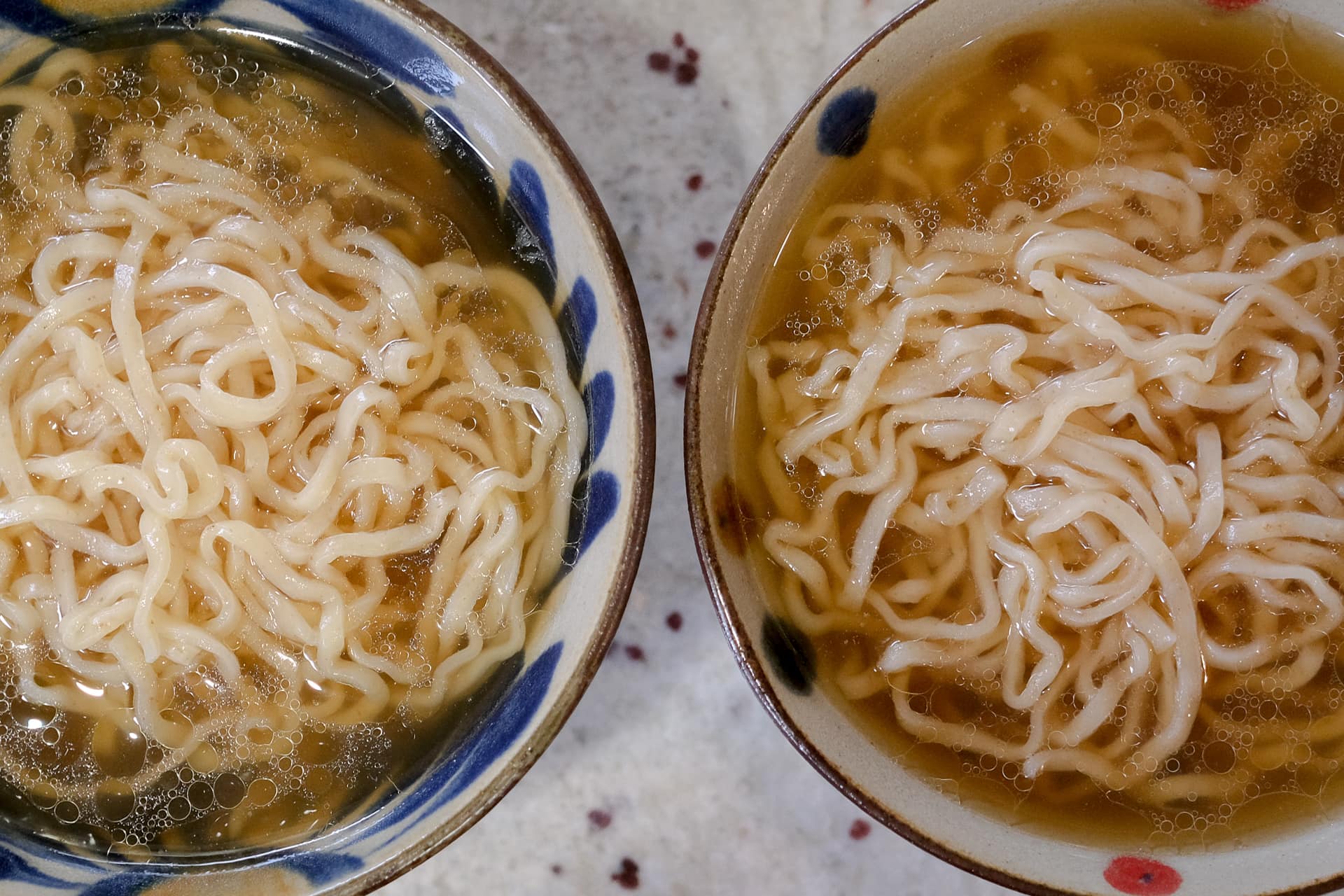
A friend gave us some instant ramen that we’ve never had before, and it was delicious! Definitely only for those who love clams because the flavor was very strong. What was nice about this ramen besides the flavor was that the noodles were a step above the normal dry type. Definitely can recommend!
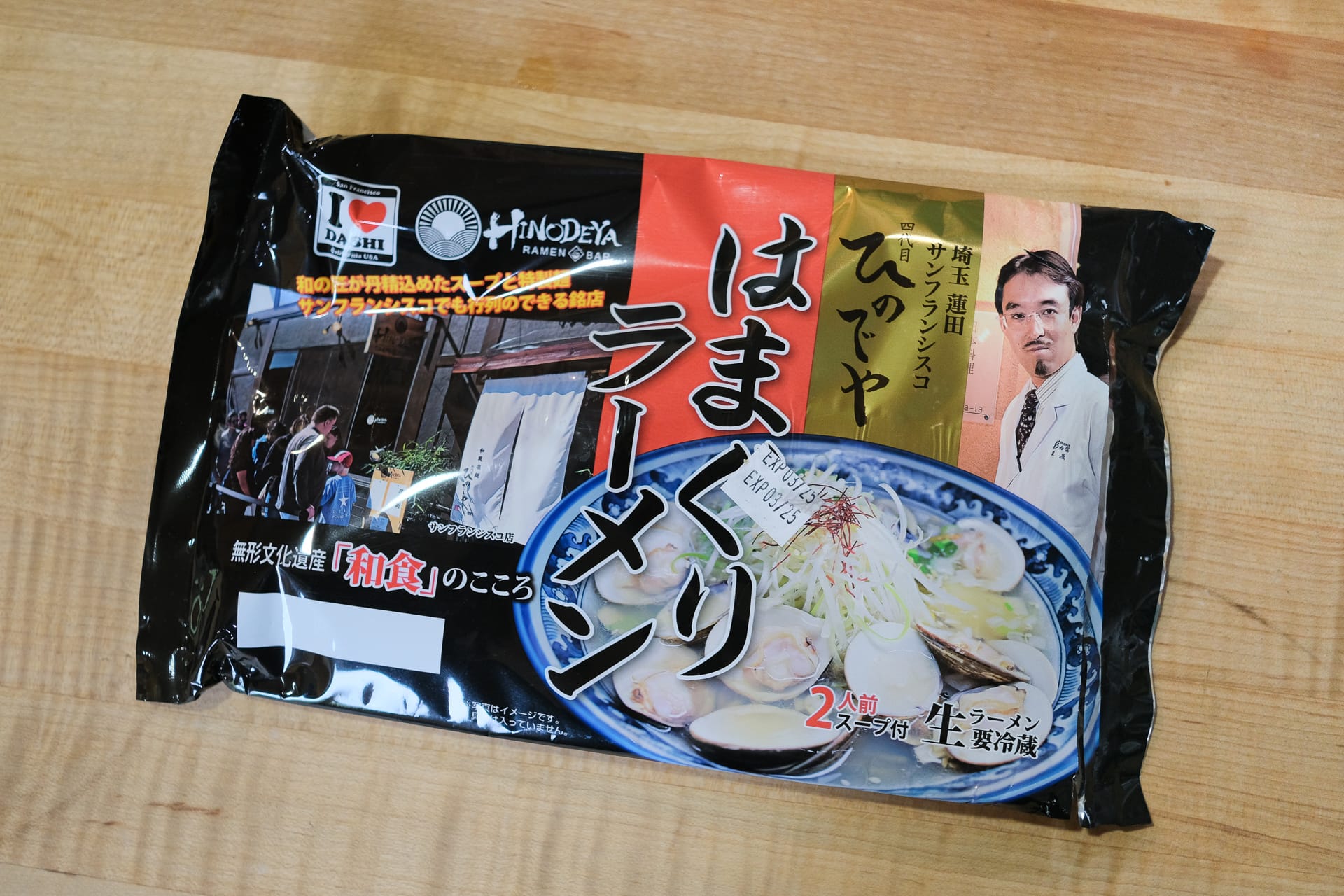
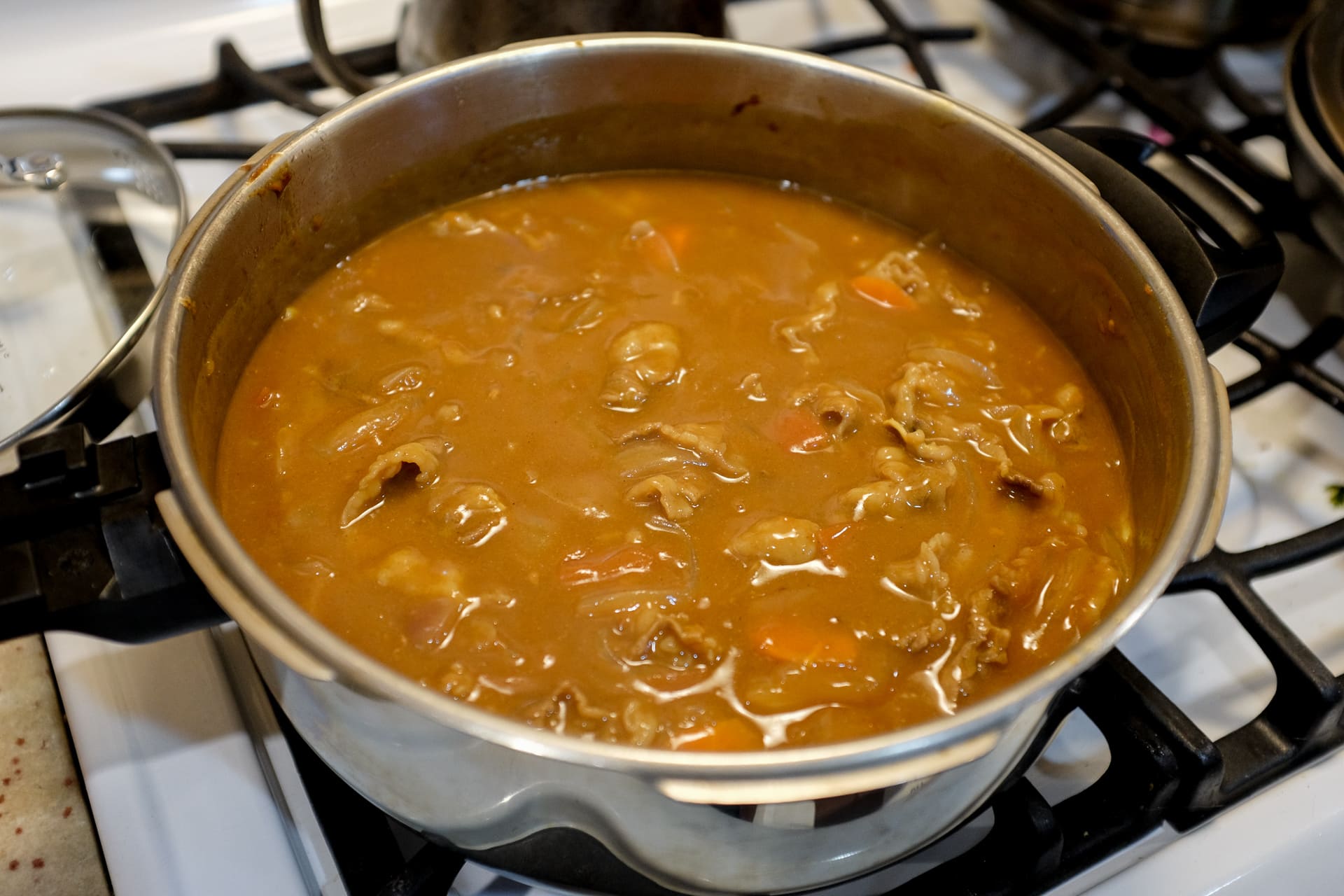
The cold weather continues, but so does the hot comfort food. Tonight’s dinner is classic Japanese curry over steamed rice (カレーライス)!
Each pot of curry is made a little differently, depending on ingredients we have on-hand, as well as how spicy we want it. Instead of just showing the finished product, here’s a general overview of the preparation… we don’t have exact measurements – we pretty much eyeball everything for this curry.
First, cook the veggies. This time, we started with garlic, then added onions, carrots, and a diced tomato.
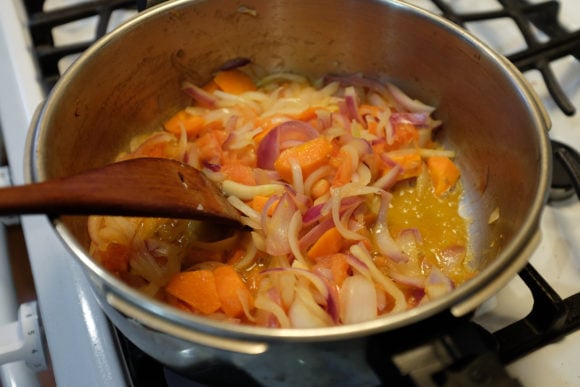
After the veggies are softened, add warm/hot water to a “good” level. We had some potatoes in the pantry, so we added some potato chunks. See, you gotta just go with the flow on this recipe. 😄 Cover and cook until the potatoes are just about done.
While it was simmering, we cooked some sliced pork in a pan. It’s pretty greasy, so cooking it before adding to the pot is important.
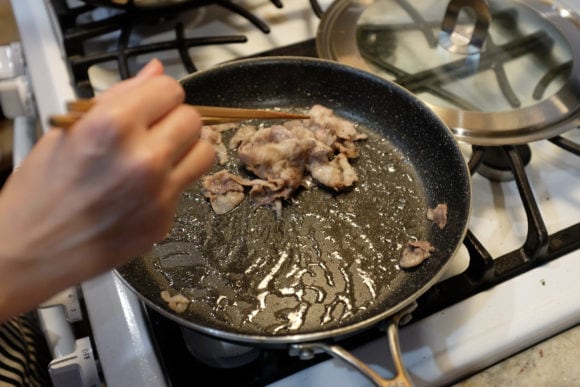
Next, we added the meat to the veggie stew, then covered and let it simmer for a little while longer until the potatoes were done.
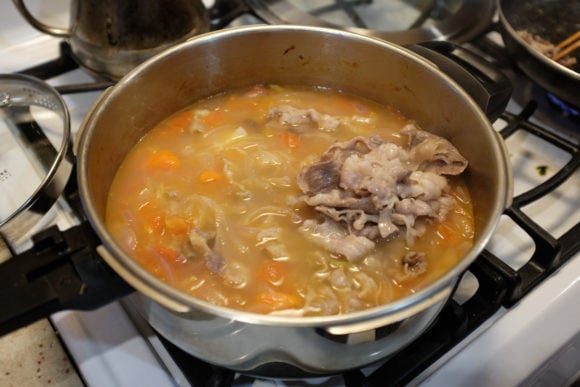
After all that simmering the meat and veggies’ flavor has really come out. 😛
Now it’s time for the curry. Tonight, we used a mix of three different types. The total was about 9 pieces.
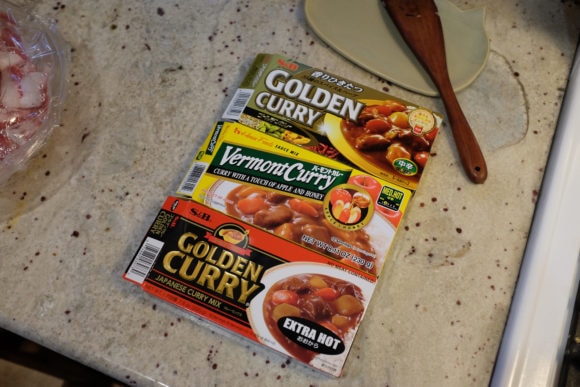
The final step is to spice it up (if desired). We used some Scotch Bonnet hot sauce (about a tablespoon) and dried chili powder (about a teaspoon).
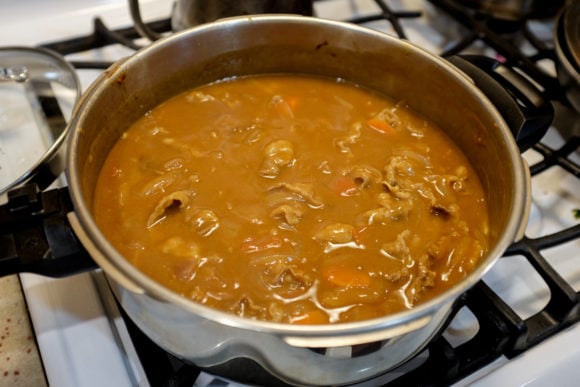
Once all the curry is dissolved into the stew, it’s ready to eat! We like it over steamed rice, with boiled egg, and picked radish. Koa added cheese a la Coco Ichibanya.
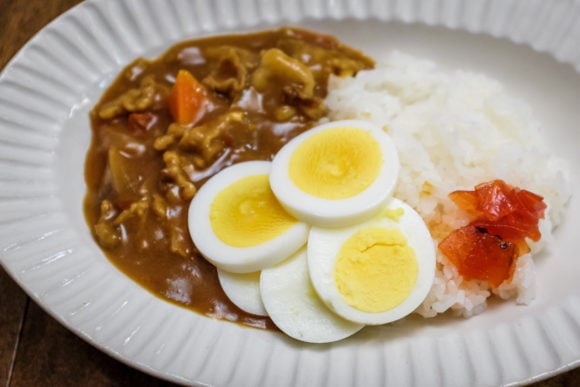
If you make Japanese curry, I’d love to know your technique! 🍛
またね~
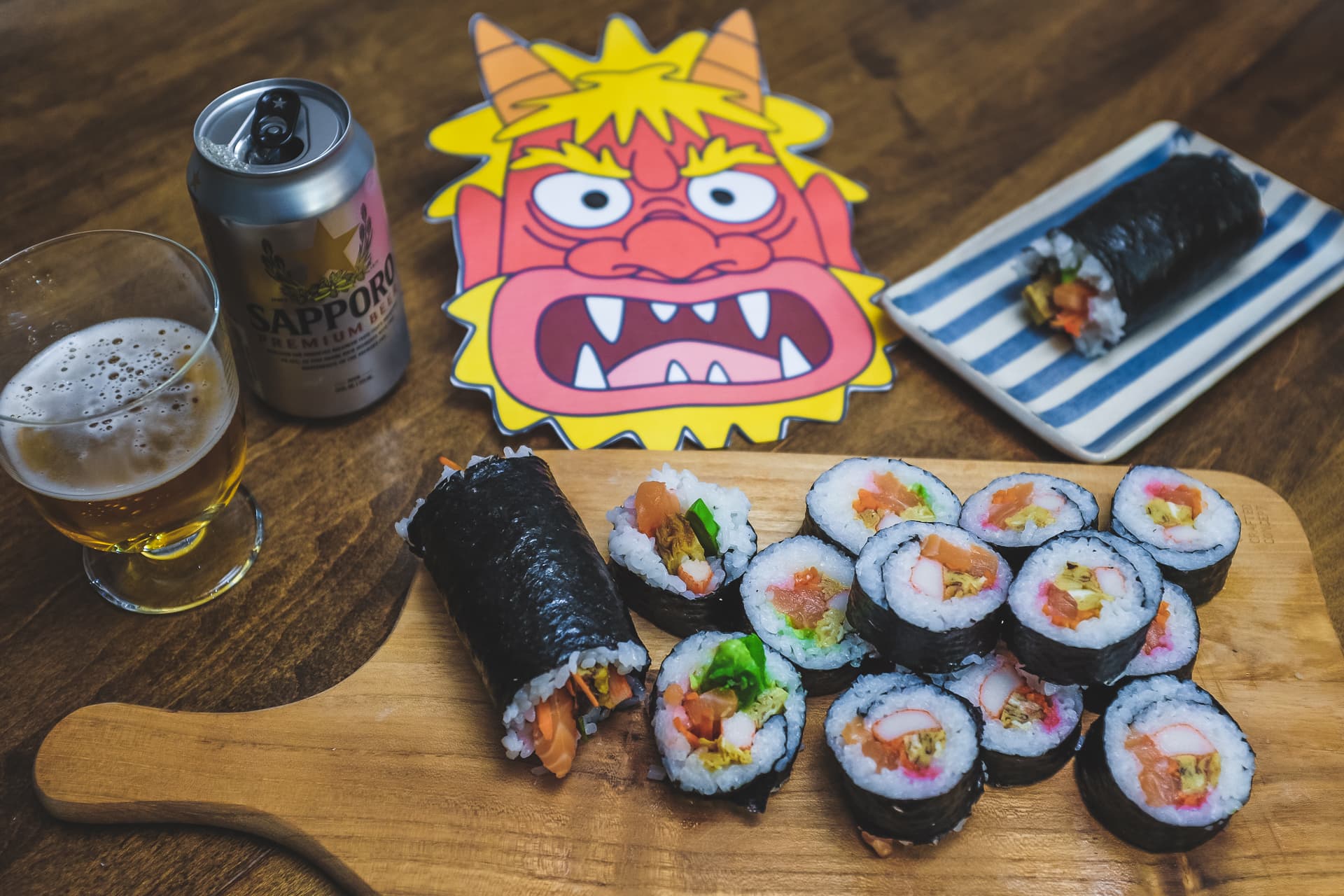
Today is Setsubun, and we had our traditional ehoumaki which was eaten facing south-southeast this year. Normally, Setsubun falls on February 3rd, but this year it came a day early. The last time it was celebrated on the 2nd was way back in 1897! February 2nd is also my dad’s birthday, so it’s a nice double-celebration this year. 😊👹